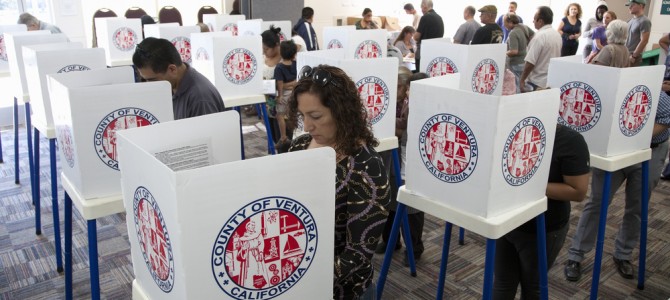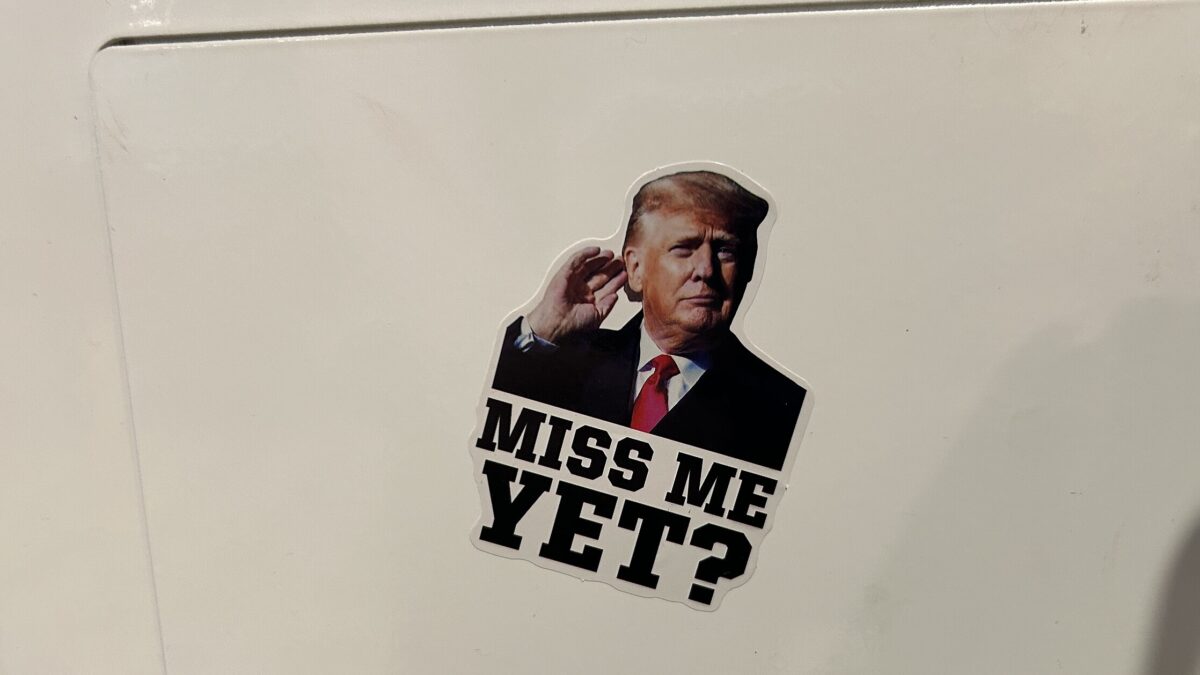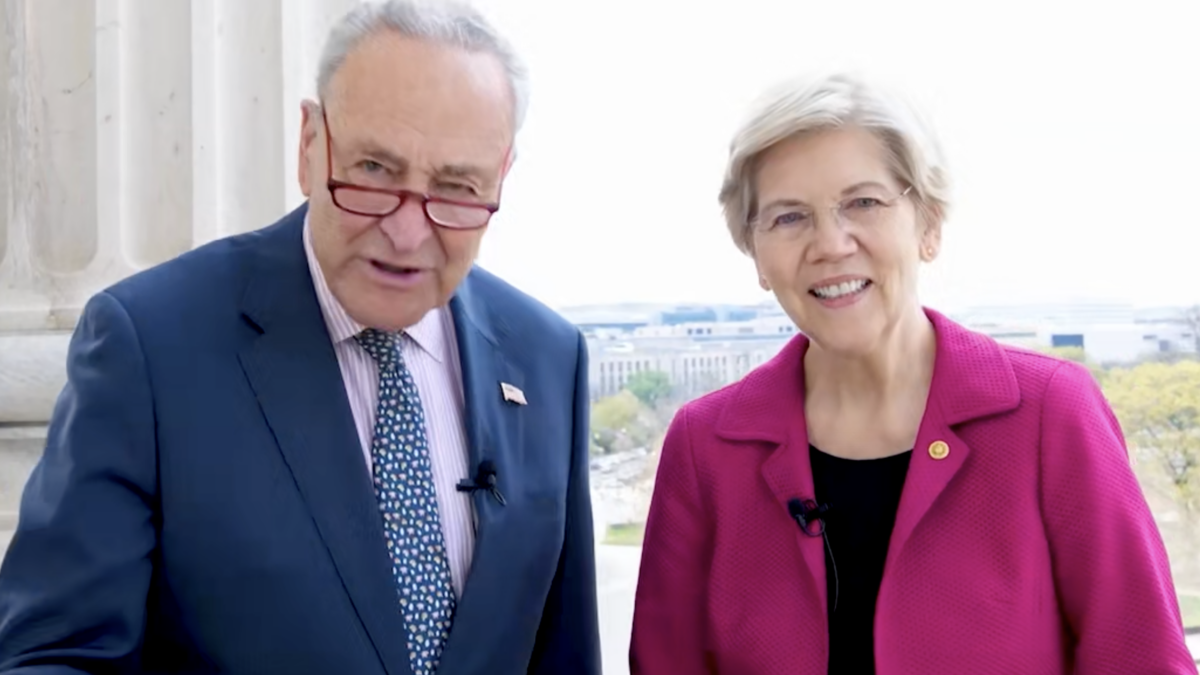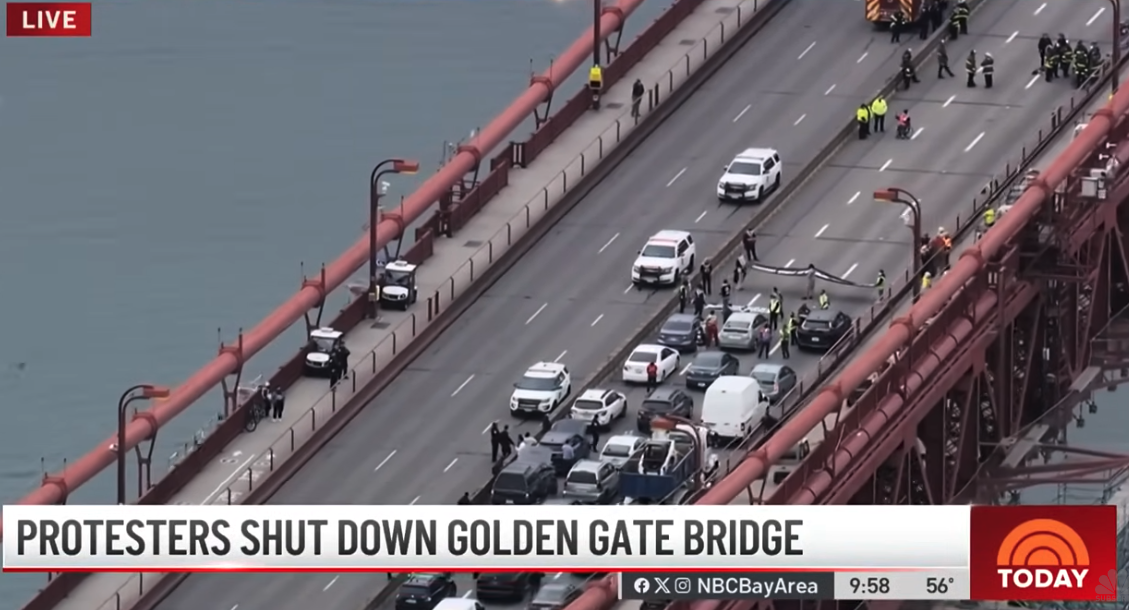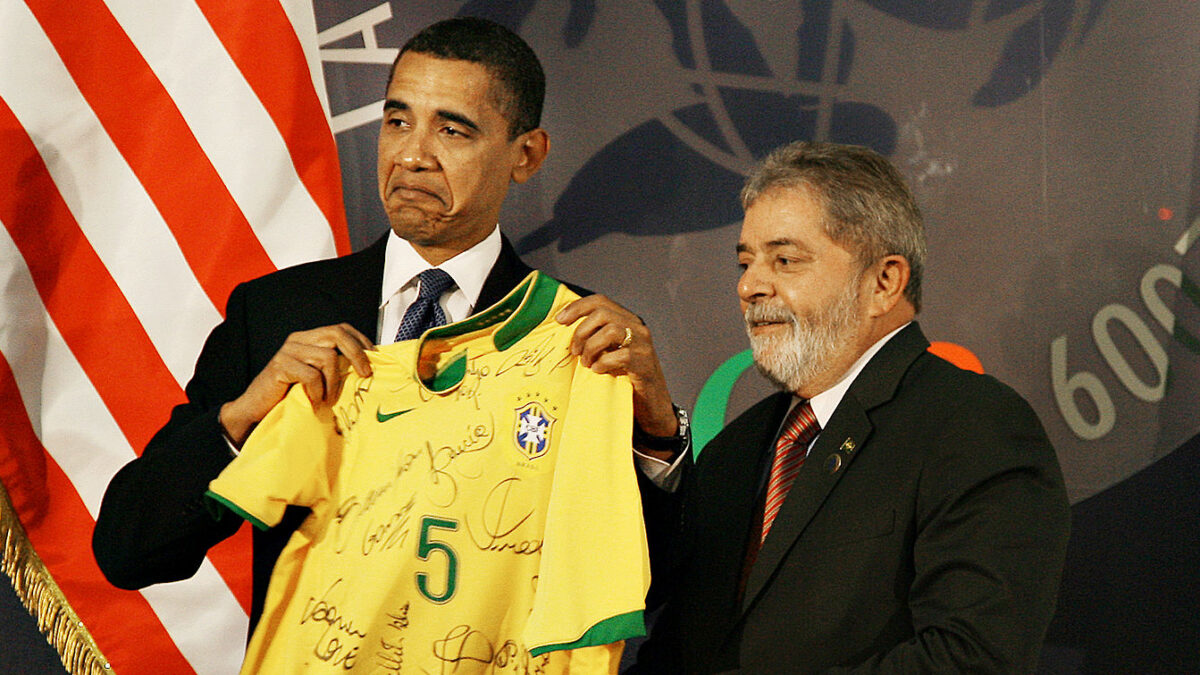In 1982 the United States under President Ronald Reagan was massively recapitalizing the military, including America’s nuclear weapons arsenal. The former Soviet Union didn’t like it one bit, and resolved to blunt Reagan’s efforts.
As part of the Soviet Union’s strategy to stop America’s rearmament, their clandestine services directly funded and organized “peace” groups while encouraging allied efforts from many well-meaning, pacifist Americans. Groups such as Citizens for Common Sense in National Defense raised money to put nuclear weapons freeze advisory initiatives on the ballot in nine states, as well as 30 cities and counties. Philip Stern, a key backer of the nuclear freeze effort, said that the initiatives and allied TV ads aimed to tie ten Republican members of Congress to an increased risk of nuclear war and thus influence the outcome of the 1982 midterms.
Proposition 12 was California’s nuclear freeze initiative. Aimed at President Reagan’s home state, it passed 52.3 percent to 47.7 percent. The non-binding measure called for a “halt [of] the testing, production and further deployment of all nuclear weapons”—i.e., a “nuclear freeze” that would have perpetuated the Soviets’ huge advantage in nuclear warfighting capability.
Republicans lost 26 seats in the U.S. House of Representatives that year, eight in California alone, although the losses were most likely due to a weak economy as the Reagan tax cuts of the prior year phased in—an economic misstep necessitated by compromise with Democrats, who controlled the House of Representatives.
Blunting the Force of Ballot Initiatives
Fast-forward 32 years and we see a similar dynamic in California, with the very liberal majority in the California legislature approving Proposition 49 for the November 2014 general election ballot. This initiative, as with Proposition 12 in 1982, was a non-binding advisory vote asking Californians to register their approval for amending the Constitution “to allow the full regulation or limitation of campaign contributions and spending.”
This language was aimed squarely at the U.S. Supreme Court’s 2010 Citizens United v. FEC decision. Citizens United affirmed the First Amendment free-speech rights of both unions and corporations to spend unlimited sums of money to communicate to voters during federal elections. Tellingly, Proposition 49 didn’t mention that the goal of the proposed constitutional amendment was at odds with the First Amendment’s free-speech protections.
But a funny thing happened on the way to the election. The Howard Jarvis Taxpayers Association, a conservative taxpayer rights group, sued to force Proposition 49 off the ballot, arguing that advisory votes—initiatives with no legal effect—were unconstitutional in California. The California Supreme Court agreed, ruling 5-1 to pull Proposition 49 from the ballot.
With electoral tides running against them and a cheap trick to boost interest in the vote tossed aside, Democrats ended up losing six seats out of 100 up for election in the Assembly and Senate—the worst showing for the majority party in California since the 1994 election.
Remember: Direct Democracy Is Horrible
The California Supreme Court’s ruling was interesting for what it said about our form of government as a democratic republic. In a rather long concurring opinion, Justice Goodwin Liu notes that California’s constitution “makes no provision for advisory questions, because such polling of the electorate by the Legislature is in tension with the basic purpose of representative as opposed to direct democracy.” Liu’s opinion was doubly remarkable for a liberal justice appointed by Gov. Jerry Brown in that he was channeling James Madison in Federalist No. 10.
Madison, and the Founders, rightly feared direct democracy. Madison in Federalist No. 10 warns of factions “united and actuated by some common impulse of passion, or of interest, adverse to the rights of other citizens” with “the most common and durable source of factions [being] the various and unequal distribution of property.” Madison noted that direct “democracies have ever been spectacles of turbulence and contention; have ever been found incompatible with personal security or the rights of property; and have in general been as short in their lives as they have been violent in their deaths.”
Of course, popular progressive animus against the Citizens United ruling is all about resentment over the “unequal distribution of property”—freedom of speech be damned. Dire warnings of a tsunami of “dark money” with the “rich and powerful” buying politicians animates calls to restrict the First Amendment—as if a billionaire couldn’t simply buy a newspaper to try to sway elections the old-fashioned way, with the “free” press.
Unfortunately, California’s high court seems set to reverse course and allow a popular vote on the meaningless Citizens United ballot rant in time for the November 2016 election. The only question remaining is how much latitude to give the legislature in proposing advisory measures. Liu remains skeptical, though, noting that the measure is “skewed” for a political purpose, and warning that “once we open that door” to allow the legislature to place advisory initiatives on the ballot, it won’t be easy to shut.
If California voters do have a chance to cast a protest vote on Citizens United, imagine the ballot shenanigans that might be unleashed around the nation in an attempt to boost turnout to sway general elections.
